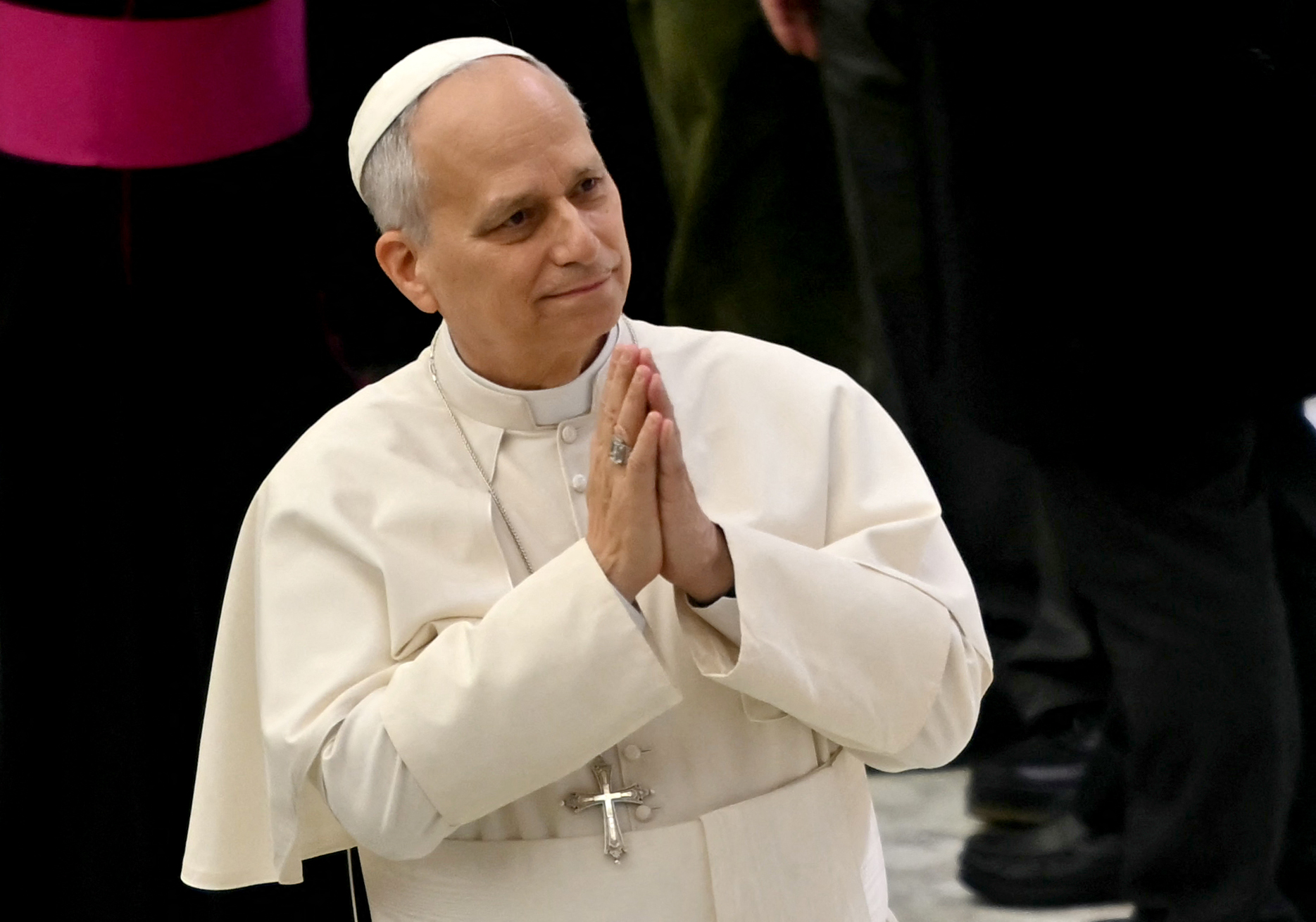
Japanese Prime Minister Shigeru Ishiba will resign from his position, as confirmed by multiple sources on September 15, 2023. This decision comes amid a growing crisis within his party, the Japanese Liberal Democratic Party (LDP), which faces potential fragmentation due to a right-wing political surge, economic challenges, and strained trade relations with the United States.
The recent political landscape in Japan has become increasingly volatile. Ishiba’s resignation is seen as a response to intense pressure from within the LDP, where factions are at odds over the direction of the party. A notable rise in right-wing nationalism is complicating the party’s ability to unite, leading to fears of a split that could weaken its hold on power.
Economic performance is another significant factor influencing Ishiba’s decision. Japan’s economy has struggled with stagnation, and there are concerns that the current policies are inadequate to stimulate growth. Recent reports indicate that Japan’s GDP growth has slowed to 1.2%, raising alarm among party members who believe that stronger leadership is necessary to navigate these challenges.
Additionally, turbulent trade relations with the United States have added to the pressure on Ishiba’s administration. Ongoing negotiations have not yielded fruitful results, with tariffs and trade barriers creating further complications. The failure to reach satisfactory agreements has led to dissatisfaction among key business sectors in Japan, worsening the economic climate.
Ishiba’s tenure has been marked by attempts to address these issues, but the mounting discontent within the LDP has made it difficult for him to maintain unity. In a statement, Ishiba expressed his belief that new leadership is essential for revitalizing the party and addressing the pressing challenges facing Japan.
As Japan prepares for a transition of power, the political landscape remains uncertain. The LDP will need to quickly regroup and present a cohesive strategy to regain the confidence of the electorate and address the economic issues plaguing the nation. The resignation of Ishiba marks a pivotal moment in Japan’s political history, with potential implications for its governance and international relations moving forward.







